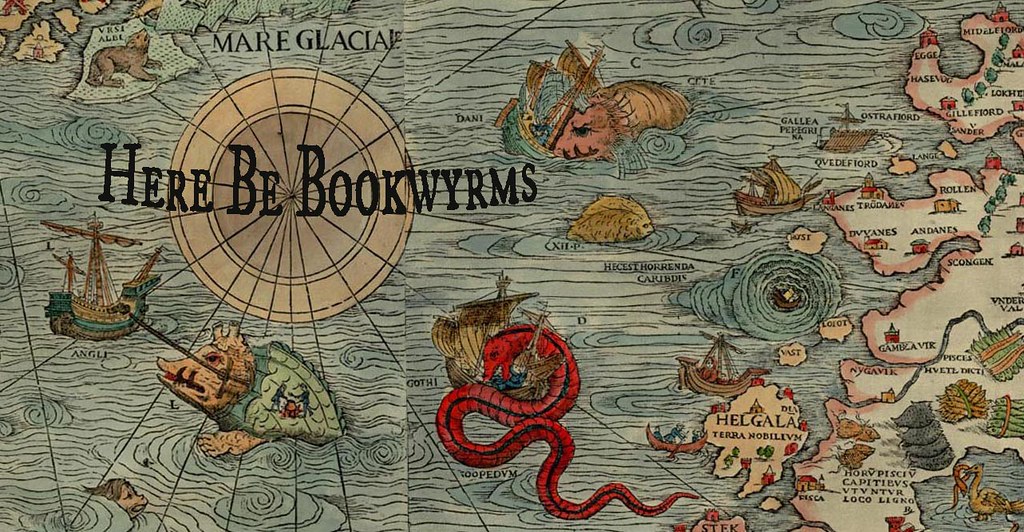These new people speak strangely, look different, and have strange ways of doing seemingly complex things. The Neanderthals Golding provides for us as the primary characters are by no means the primitive, grunting ape-men often depicted in earlier literature and film, which I find a little surprising since it was published in 1962. Lok and his people may not be using tools in the way the early humans do once they appear on the scene, and they are quite wary of being in water, but they have a definite intelligence, simple though it may seem to us.
One of my professors assigned this book for an archaeology course about the Ice Age, and I enjoyed it. I don't know of too many other novels that are set in this period of time, apart from the one I believe many people would think of - Clan of the Cave Bear. It was very interesting to read Golding's idea of how the interaction between early humans and the Neanderthals may have played out, and it made me feel a little sad for Lok and his people; there were so few in his group to begin with, and there is not really any mention of whether they were to meet up with any others, so it's difficult to say what the Neanderthal population was at the time this was occurring.
Lok was my favorite character; I thought he was funny, though he frustrated me some towards the end. Fa tries to make plans to take back an infant that had been kidnapped from their group, but he doesn't go along very well with what she lays out, so things don't end up going quite the way she'd wanted. As Lok and Fa observe more of the early humans, we start to have some information from their point of view as well, especially at the very end of the book, where we are pretty much entirely in the voice of one of the humans, a man named Tuami. I like that Golding switches points of view, because he kind of turns the tables on the reader - for a while, you feel like if there is a "good guy" and a "bad guy," the Neanderthals would be the "good guys" since they appear to be the ones being victimized in this scenario. However, once we get to hear the humans' side of things, I felt like things end on a more neutral note. For me, it brought things more into the perspective that it would have been a dangerous landscape to be wandering around on, and the default mental state would likely have been that of kill-or-be-killed.
It seemed to end a little abruptly; I felt like I was just beginning to get to know the humans, and would have liked to know more about them, if not in further chapters, then perhaps in a sequel. Most people are probably only familiar with an earlier novel of Golding's, Lord of the Flies, since it seems to be a required reading staple in high schools across the country. I really enjoyed reading that one when I took senior English, and I'm not sure now why it took me so long to read something else of his. I definitely recommend this for something a little out of the ordinary on your reading list, especially since this is Golding's favorite of all his own work.
ISBN:
0156443791
ASIN:
B00AZBSVZ0
Publisher:
Mariner Books (a division of Houghton Mifflin Harcourt)
See what others are saying about it, or buy it now:
Amazon
Better World Books
ASIN:
B00AZBSVZ0
Publisher:
Mariner Books (a division of Houghton Mifflin Harcourt)
See what others are saying about it, or buy it now:
Amazon
Better World Books


No comments:
Post a Comment